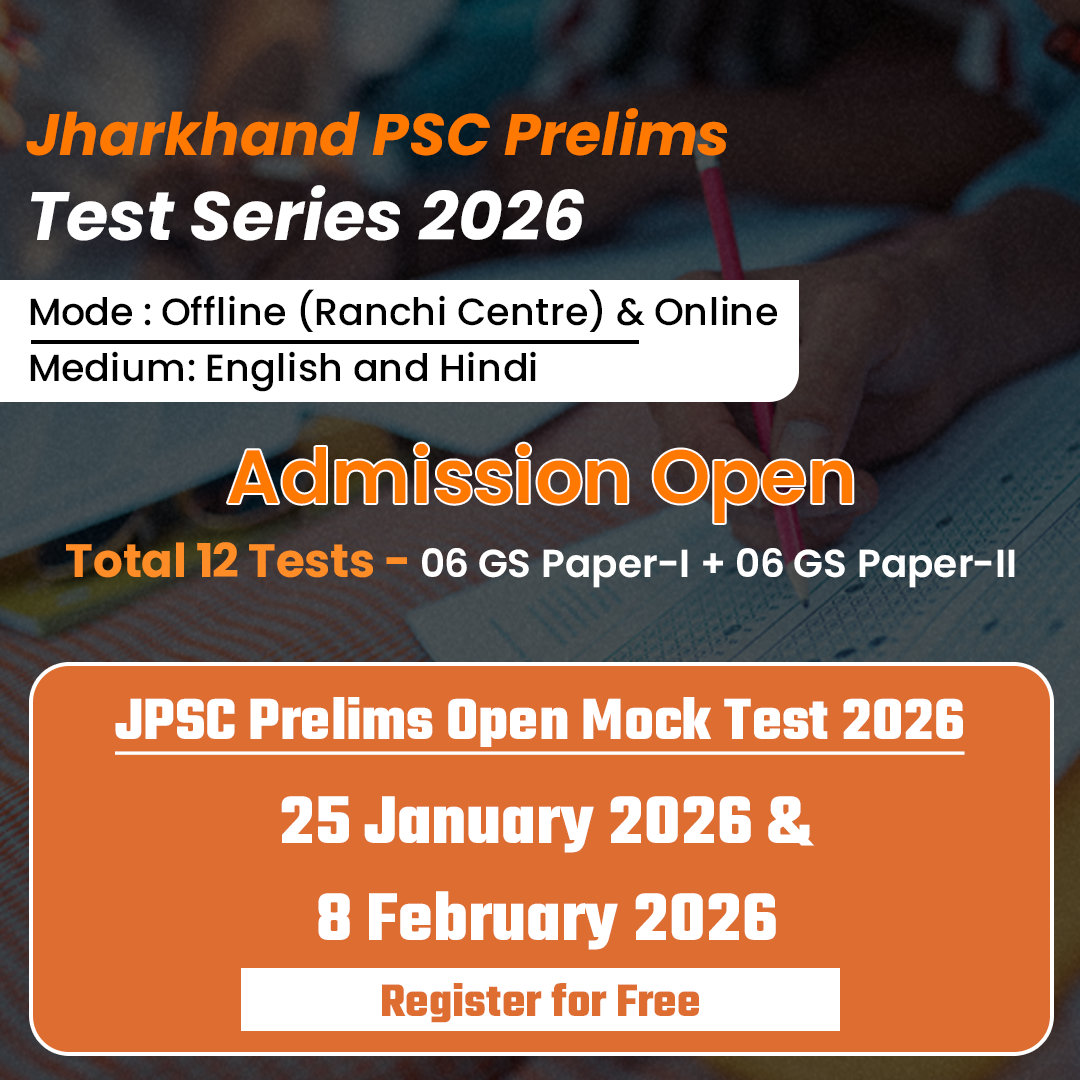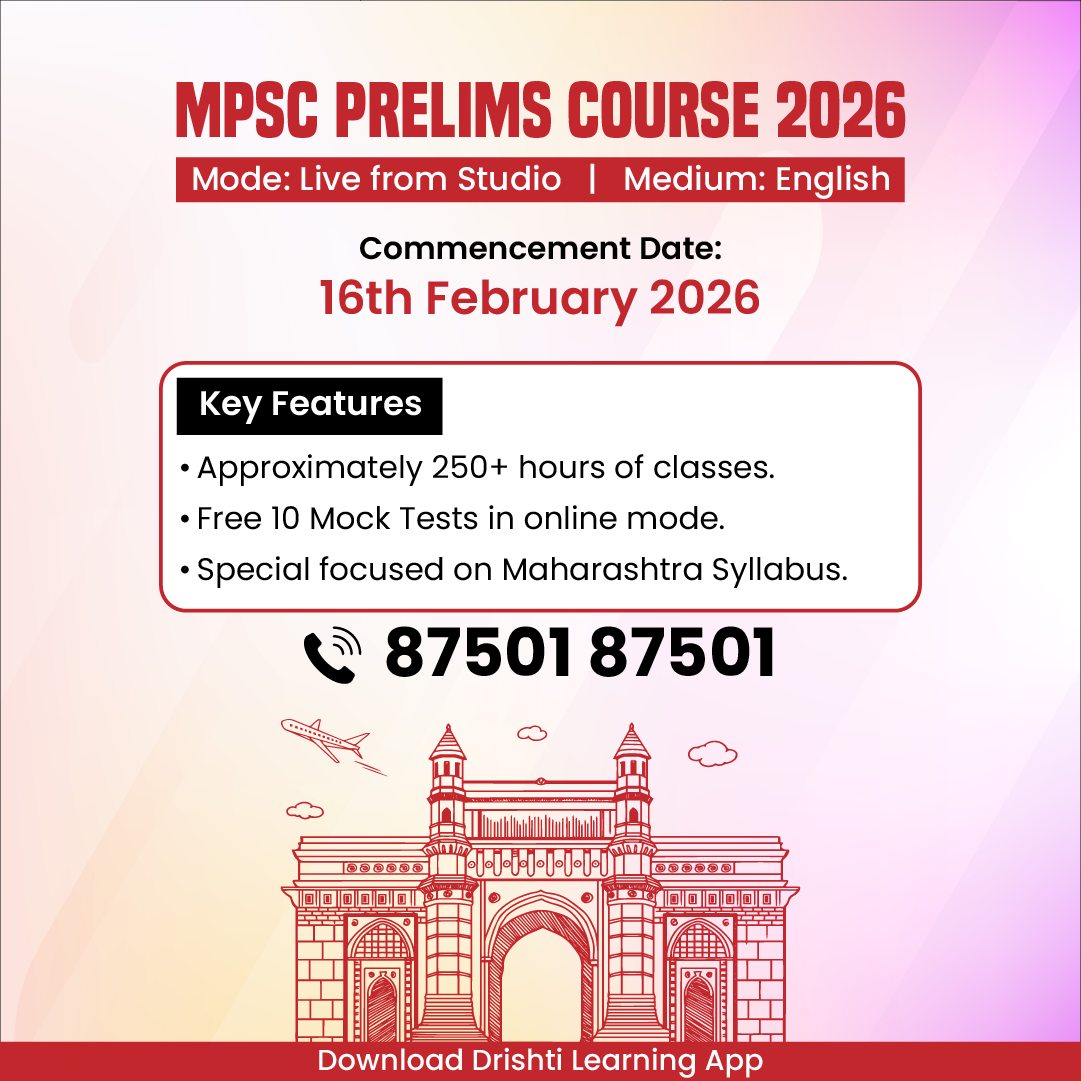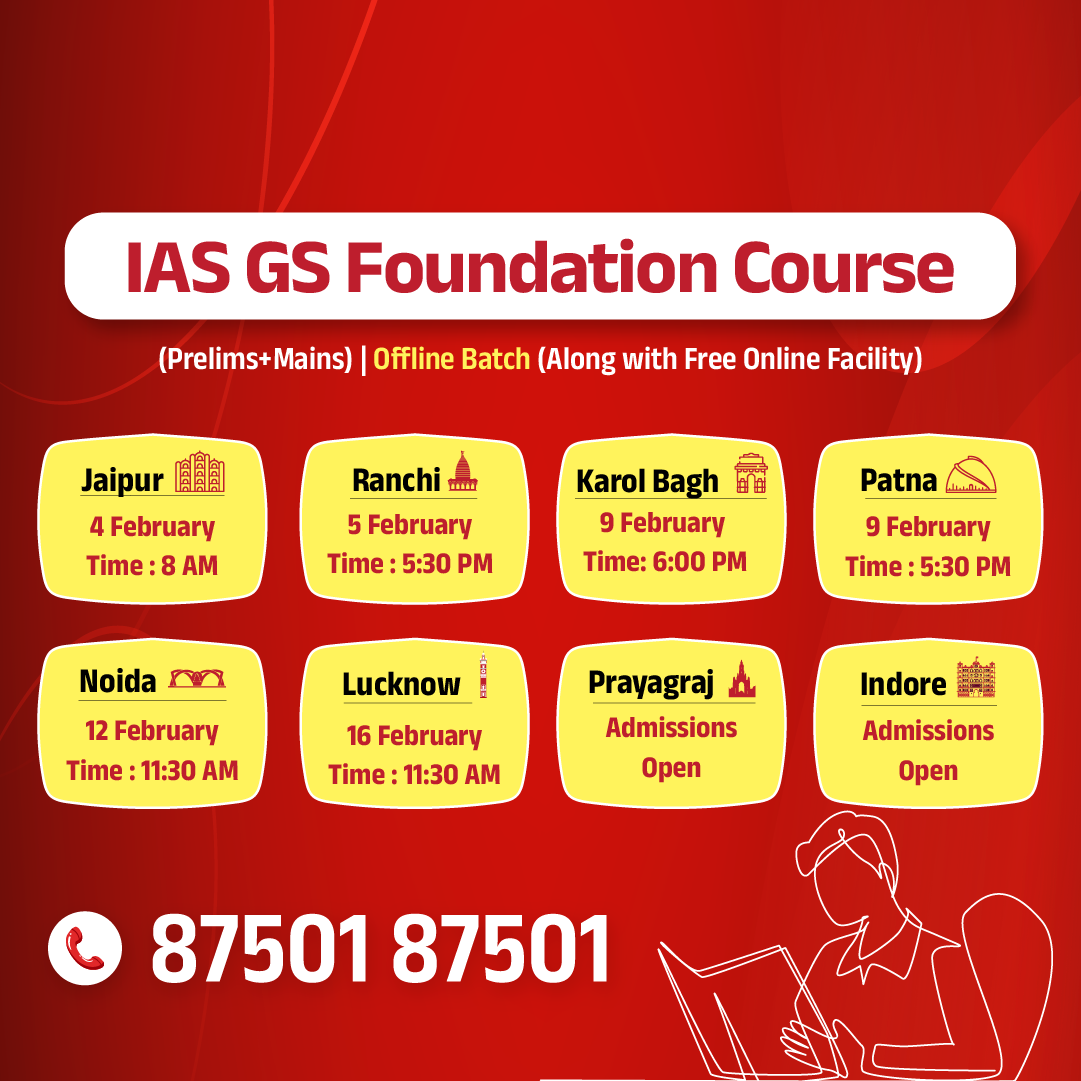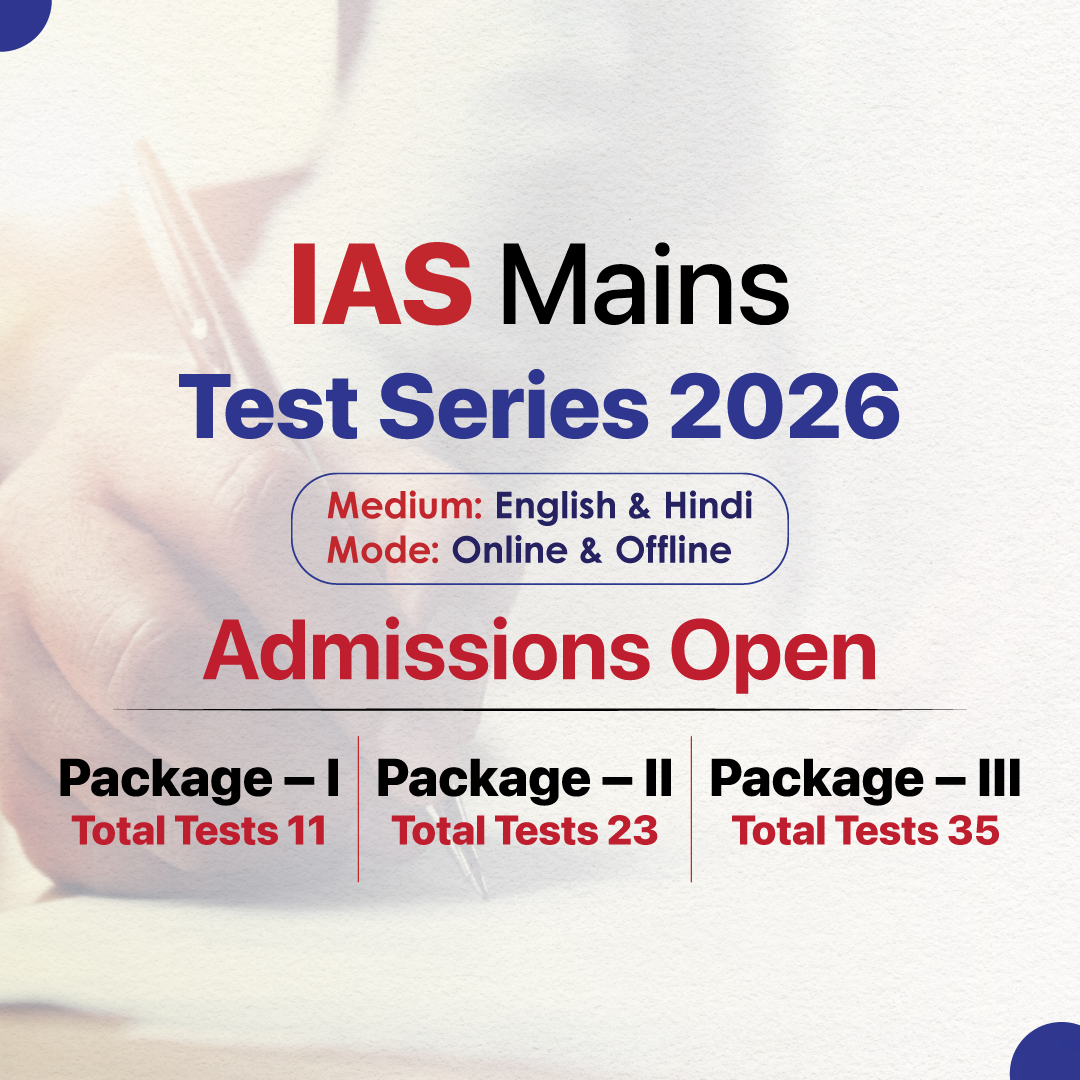Haryana Switch to Hindi
Understanding the Anti-Defection Law for Independent Legislators
Why in News?
Recently, three Independent MLAs in Haryana extended support to the winning party, securing the party's third term in power. This situation raises questions about the anti-defection law, especially for independent legislators.
Key Points
- Tenth Schedule of the Constitution (Anti-Defection Law):
- The Tenth Schedule defines circumstances under which a legislator changing political allegiance invites action.
- Independent MLAs joining a political party after election are also subject to disqualification under the law.
- Three Scenarios Covered Under the Law:
- A legislator elected on a party ticket voluntarily gives up party membership or votes against party wishes.
- An independent MLA joins a political party after election, leading to disqualification.
- Nominated MLAs have six months to join a political party after nomination, or they face disqualification.
- Disqualification Process:
- The presiding officer of the legislature decides on disqualification.Speaker in the Lok Sabha and Chairman in the Rajya Sabha are the presiding officers.
- No specified timeframe exists for this decision, leading to delays and accusations of political bias.
- In 2023, the Supreme Court suggested anti-defection cases be resolved within three months.
10th Schedule of the Indian Constitution
- About:
- The Tenth Schedule of the Indian Constitution, also known as the Anti-Defection Law, was added by the 52nd Amendment in 1985.
- It was a response to the toppling of multiple state governments by party-hopping MLAs after the general elections of 1967.
- It lays down the provisions related to disqualification of Members of Parliament (MPs) and State Legislatures on grounds of defection.
- The Tenth Schedule of the Indian Constitution, also known as the Anti-Defection Law, was added by the 52nd Amendment in 1985.
- Exception:
- It allows a group of MP/MLAs to join (i.e., merge with) another political party without inviting the penalty for defection and it does not penalise political parties for encouraging or accepting defecting legislators.
- As per the Anti Defection Act, 1985, a 'defection' by one-third of the elected members of a political party was considered a 'merger'.
- But the 91st Constitutional Amendment Act, 2003, changed this and now at least two-thirds of the members of a party must be in Favour of a "merger" for it to have validity in the eyes of the law.
- Discretion:
- The decision on questions as to disqualification on ground of defection are referred to the Chairman or the Speaker of such House, which is subject to ‘Judicial review’.
- However, the law does not provide a timeframe within which the presiding officer has to decide a defection case.
- Grounds for Defection:
- If an elected member voluntarily gives up his membership of a political party.
- If he/she votes or abstains from voting in such House contrary to any direction issued by his political party.
- If any independently elected member joins any political party.
- If any nominated member joins any political party after the expiry of six months.












.jpg)







.png)


.jpg)

 PCS Parikshan
PCS Parikshan

